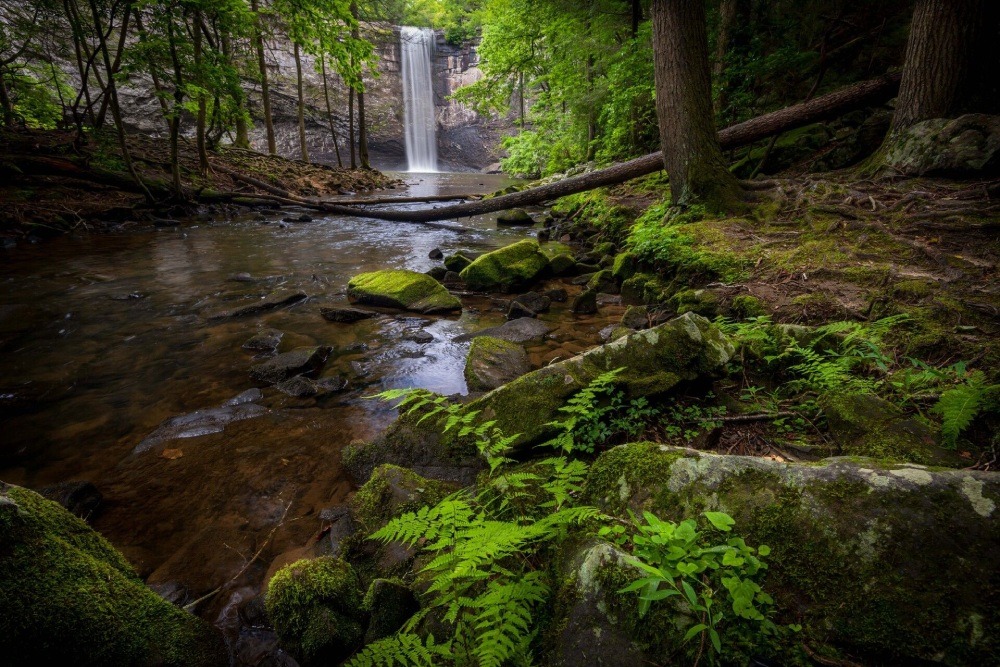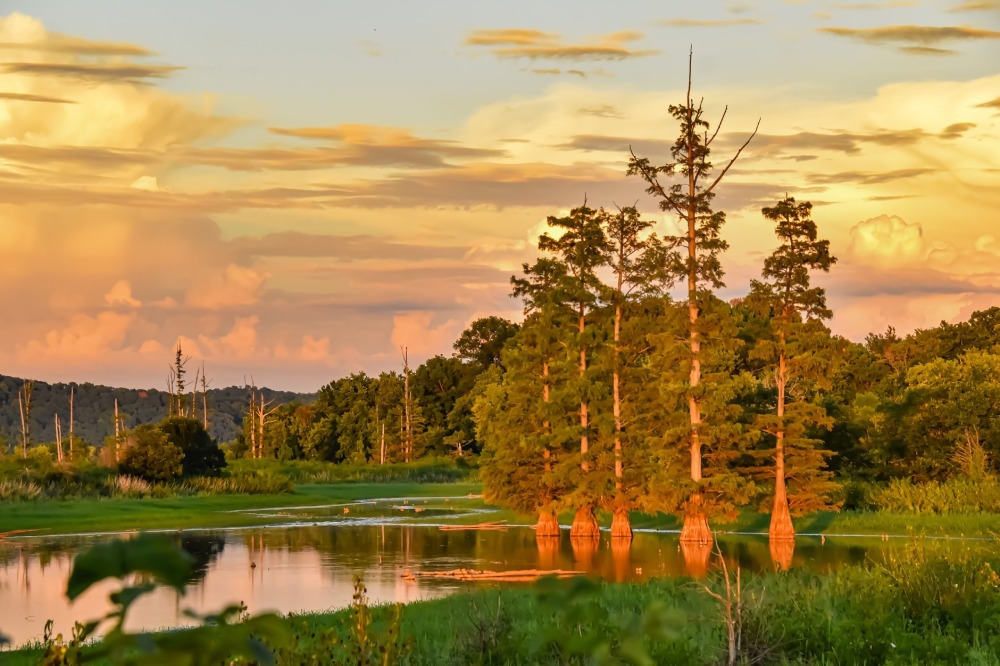Tennessee Wildlife Federation works with private landowners and public agencies to conserve and restore the four major habitat types in Tennessee: forests, grasslands, rivers, and wetlands.


Tennessee Wildlife Federation works with private landowners and public agencies to conserve and restore the four major habitat types in Tennessee: forests, grasslands, rivers, and wetlands.

Tennessee Wildlife Federation’s Corporate Council is a group of businesses and organizations...
In partnership with the Forest Stewards Guild and Tennessee Department of Environment and Conservation’s Division of Natural Areas, Tennessee Wildlife Federation’s Habitat Conservation Program...
The bi-partisan America’s Conservation Enhancement (ACE) Act contains multiple hunting, fishing, and conservation priorities. In Tennessee, the act would establish a CWD task force, reauthorize the...
Invasive carp have become one of the greatest threats facing our aquatic ecosystems. And with fishing and recreational boating generating $7.2 billion in economic output and supporting more than...
Invasive carp are one of the largest threats facing Tennessee’s waters, fisheries, recreation, and local economies. This winter, efforts by Tennessee Wildlife Federation and its supporters paid off...
More than 100 youth from across the state flocked to Dyersburg, Tenn. for the 12th Annual Davis P. Rice Memorial Youth Waterfowl Hunt. Last weekend in duck blinds across northwest Tennessee,...
In the program's history, Tennessee Wildlife Federation's Habitat Conservation program has planted more than a hundred thousand trees to restore wildlife habitat across the state. Forest or field,...
Tennessee Scholastic Clay Target Program (SCTP), one of the largest and most successful shooting programs in the nation, provides athletes the opportunity to go head-to-head in the shotgun shooting...
Invasive carp are invading our waters—harming native fisheries and making boating dangerous. But it isn’t just a Tennessee issue. It’s a regional issue that requires a regional response if any...
There are efforts underway to modernize the Endangered Species Act, which was originally written in 1973. Because only 3 percent of listed species have recovered during the past 45 years, changes...
Help lead Tennessee's wildlife and habitat conservation movement by making your voice heard.